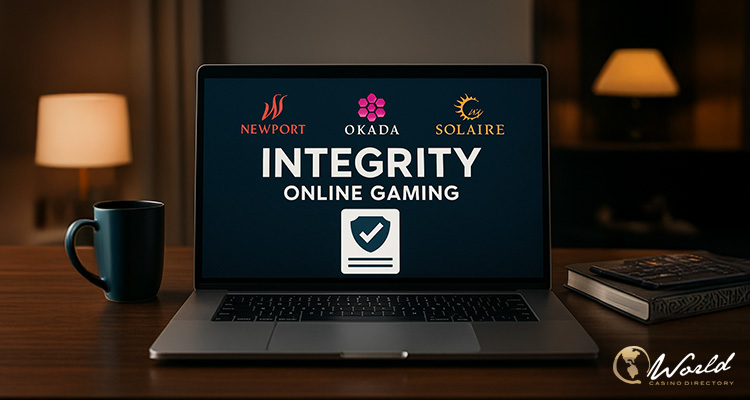Three of the Philippines’ leading integrated casino-resort operators—Solaire Resort, Newport World Resorts, and Okada Manila—have publicly defended their online gaming operations in response to intensifying scrutiny from lawmakers and advocacy groups. In a rare joint statement issued over the weekend, the operators emphasized that their digital gaming activities are compliant, transparent, and responsibly managed under the oversight of the Philippine Amusement and Gaming Corporation (PAGCOR).
Digital gambling platforms under fire:
Describing their platforms as “a regulated and responsibly managed extension of our operations,” the three resorts reiterated their focus on ethical conduct, strict regulatory compliance, and promotion of responsible gambling. They stated, “We prioritize ethical business practices and promote responsible gaming, under the robust regulation of the Philippine Amusement and Gaming Corporation (Pagcor).”
This declaration comes at a time when the country is seeing mounting political pressure for tighter restrictions on online gambling. Several lawmakers, including Senate President Juan Miguel Zubiri, have introduced measures seeking to curb or outright prohibit access to online gambling in the Philippines. These proposals include stricter Know-Your-Customer (KYC) requirements, higher deposit minimums, restrictions on celebrity endorsements, and bans on using popular e-wallets like GCash and Maya for gaming purposes.
Zubiri has gone further, filing a bill to impose a full ban on online gambling, calling it a “silent epidemic” responsible for a growing number of social issues. Senator Sherwin Gatchalian has proposed additional regulations such as raising the legal gambling age and increasing oversight on gambling ads.
The three integrated resorts stressed their long-established track records of regulatory adherence since their respective openings—Newport in 2009, Solaire in 2013, and Okada in 2016. According to the statement, all necessary licenses and system administrator accreditations have been secured from PAGCOR, ensuring legal compliance.
According to Inquirer.net, to prevent unauthorized access, the operators utilize geo-fencing and IP-filtering technologies that enforce PAGCOR’s restrictions on offshore play. They added, “Our platform adheres rigorously to (Anti-Money Laundering) regulations. We implement comprehensive Know-Your-Customer (KYC) procedures and player verification within 72 hours of registration.”
Additional tools like self-exclusion, deposit caps, account restrictions, and a strict age-gating system help prevent misuse and underage access. They also stated that support resources are made available for players experiencing gambling-related issues.
Game integrity and advertising oversight:
All gaming products must undergo rigorous testing and certification by PAGCOR prior to deployment. The use of Certified Random Number Generators (RNGs) is mandated to guarantee fairness. Advertising, too, is closely controlled. Promotional content must pass reviews by both PAGCOR and the Advertising Standards Council (ASC) to ensure alignment with ethical and responsible messaging standards.
In response to PAGCOR’s recent directive ordering the removal of all out-of-home gambling ads by August 15, the operators stated that their materials already undergo thorough review and approval to meet social responsibility guidelines.
“Routine audits of our gaming systems, transaction records, and compliance procedures reinforce our accountability and integrity,” the statement continued. “We are steadfast in our commitment not only to comply with regulatory standards but to exceed expectations.”
The statement also noted that each operator has invested over $1 billion into their Philippine developments. These investments support not just casino gaming but also tourism-related experiences, including hotels, restaurants, shopping centers, and entertainment venues.
Collectively, the three operators have created jobs for more than 130,000 Filipinos, including 25,939 direct and 5,049 indirect employees. Their properties reportedly attract over two million tourist visits annually. As required by regulations, 2% of gross gaming revenue from non-junket tables is allocated to community development projects through their respective foundations, which support education, health, and cultural heritage programs.


